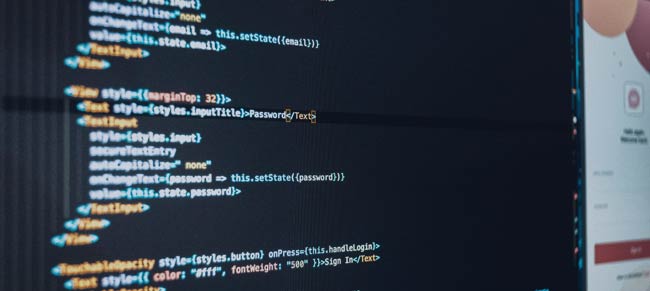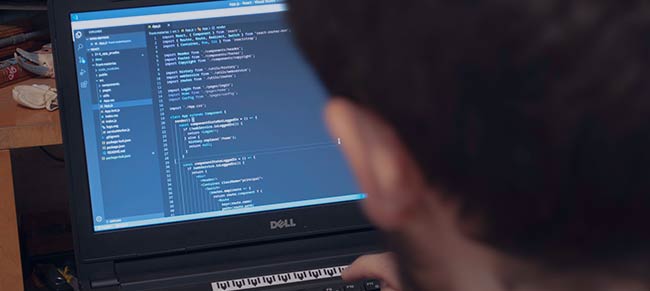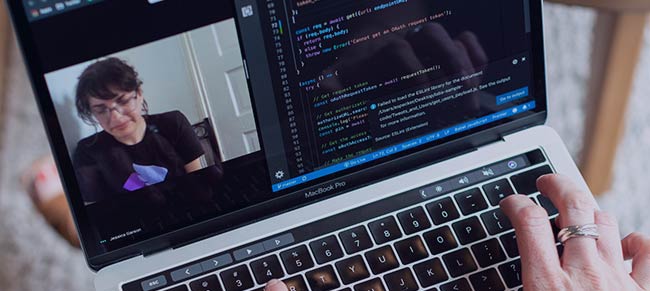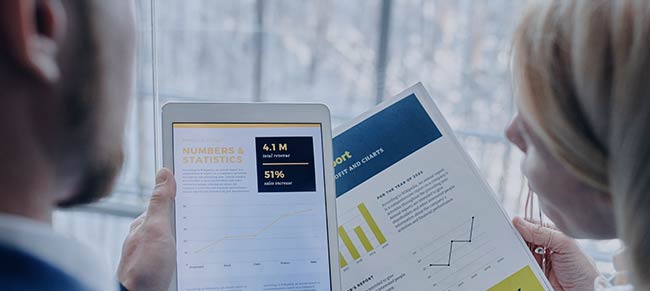Benefits
For many years, educational institutions have struggled with issues such as inefficient paper records, a lack of easily accessible information, academic credential fraud, student and teacher accountability, and a lack of opportunity for students to express themselves in the classroom. By allowing instructors and parents to connect with one another via the linked application, Blockchain has the ability to alter education and address these issues. This will be used in place of the standard contact forms.

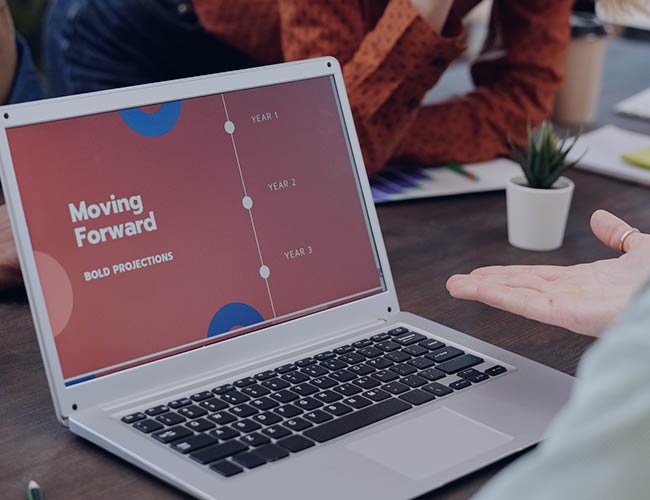
Improved and more efficient record-keeping
Using decentralized blockchain storage, the registrar's office at the school just has to build a student record once. After that, it is available to all educational system members and can also be exchanged between institutions. Any job, project, school involvement, and extracurricular activity is appended to the student's digital record as blocks and can be seen in the student's profile. Teachers, counsellors, and school administrators will thus achieve a bird's-eye perspective of their students' development.
Aside from student documents, blockchain technologies may be used to supervise and promote accreditation of schools, colleges, and universities, to secure intellectual property rights, and to prevent diploma and transcript falsification. Educational information stored on blockchain can be securely viewed and passed to other agencies and organizations, including future employers.
All a student has to do is share a link or their digital address to provide access to their profile. This type of system ensures complete authenticity of credentials and student records as the full history of changes with signatures is stored on the blockchain.
The notion of cashless financial management is aided by chain-based information
Whether it is a school cafeteria, a bookshop, or a charge, all transactions may be completed using Blockchain value exchange instead of cash. Not only does it decrease the risk of theft and the simple loss of actual currency, but it also provides parents with a full record of what their children spend their money on at school, allowing them to foster the right notion of financial management from an early age.
Through mobile phone application software for cash recharge, but also in conjunction with third-party electronic wallet to give additional application scenarios, to build a single software multi-purpose complete ecosystem.

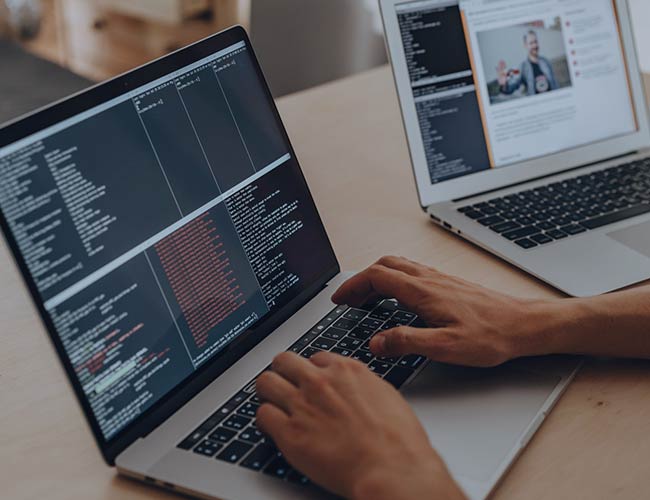
Smart contracts allow student transparency
Educators may utilize Blockchain smart contracts to create automatic digital assignments for their pupils, which include assignment assignments, completion criteria, due dates, and deadlines. After completing and meeting all of the requirements, the system can automatically allow students to progress to the next section of the course or earn credits and completion certificates.
Smart contracts may enable tailored learning in traditional school settings, enhance incentive settings that traditional education techniques lack, and play a vital role in motivating students to study independently.





